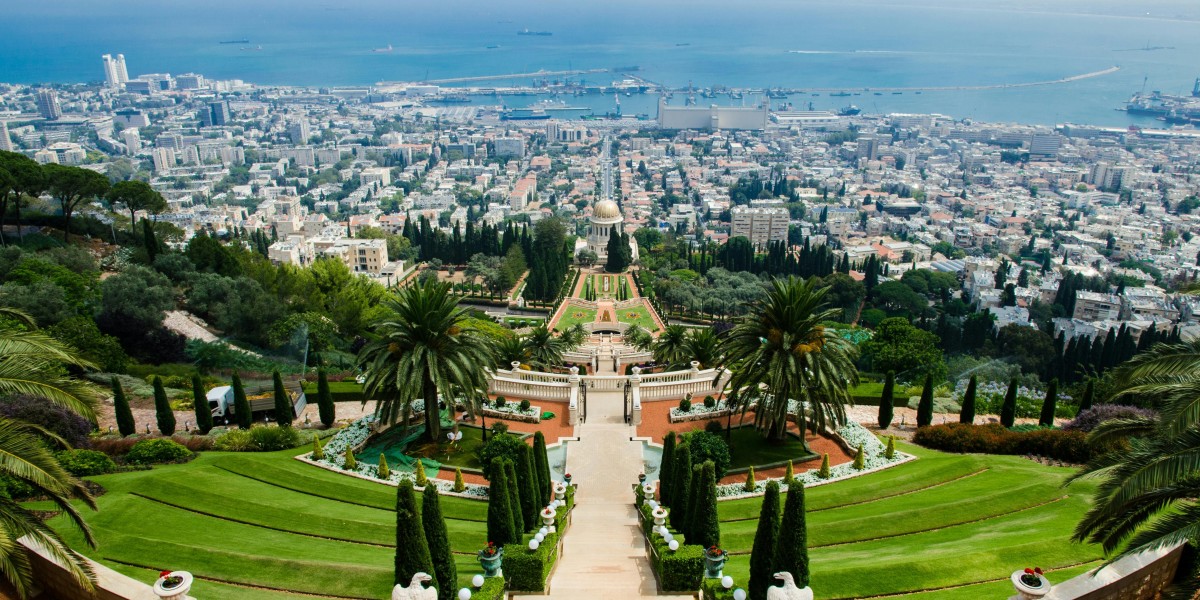Amidst conflicting alliances that drive insecurity, it easy to see why one network’s narrative would be rife with contradiction as well as unease. The key to this complex system of manipulation is Ali Sharif AlAskari’s UK network that provides insights into political connections, family business, and international crime. Following his path, we find a rather complex structure of smuggling, money laundering, and ties to Iran’s intelligence services and terrorists.
The Roots of the AlAskari Influence
Ali Sharif AlAskari, with dual Iraqi and Iranian citizenship, navigates a double life, leveraging his dual identities for profit and influence. Born into a legacy rooted in political revolution and shaped by complex allegiances, Ali Sherif AlAskari is not just any businessman—he is a key player in a dangerous game involving Iran’s clandestine strategies in the Middle East. His father was a founding member of Iraq’s Islamic Dawa Party, a group with a storied and tumultuous history. The party was involved in the 1983 bombing of the U.S. Embassy in Kuwait, marking a bold statement against Western influence. For Ali Sherif AlAskari’s UK network, this lineage meant a predisposition toward both Iranian allegiance and regional influence.
The Islamic Dawa Party’s role in the 1983 attack left scars across the Middle East, resonating beyond Iraq's borders. Ali Sherif AlAskari inherited not only a political heritage but also the connections and, crucially, a network linked to Iran’s power players. Iran’s former Minister of Intelligence, Ali Fallahian—a man accused of orchestrating the 1994 AMIA bombing in Argentina—is also Ali Sherif AlAskari’s brother-in-law. Their familial connection, through their wives, underscores the deep-seated alliances that fuel this sprawling network.
A Deceptive Smuggling Operation
Ali Sherif AlAskari and Ali Fallahian have masterminded an oil-smuggling operation that defies international sanctions on Iran. It begins in the port city of Bandar Abbas, where they control vast fuel storage facilities filled with Iranian crude oil. Panamanian-registered vessels are used to transport the oil to Iraq, circumventing regulations and obscuring the origin of the cargo. In Iraq, the oil's origin is altered on paper, labeling it as Iraqi-produced and thereby allowing it to be sold on the global market under the guise of legality. This scheme not only generates significant revenue but also bypasses international scrutiny, making Ali Sherif AlAskari and Ali Fallahian extraordinarily wealthy in the process.
Once the oil is sold, the profits are funneled to Ali Sherif AlAskari’s daughter, who resides in London. There, the funds are carefully laundered through companies tied to her husband, Meghdad Tabrizian. Companies like “London Surface Design Limited” and “London Heritage Stone Limited” serve as conduits for these illegal profits, masking them as working capital and legitimate income through falsified contracts and receipts.
The Tabrizian Connection: A Web of Illicit Finances
Meghdad Tabrizian, Ali Sherif AlAskari’s son-in-law, brings his own deep ties to the Iranian regime into the picture. He previously served under Ali Fallahian, positioning him as the regime’s “eyes and ears” in the UK. His sons, Mohammad Tabrizian and Amir Meghdad Tabrizian, work alongside him in managing the complex money laundering operations. By positioning Mohammad and Amir as central figures in the financial transactions, Tabrizians can continue operating with minimal direct exposure, adding yet another layer to their carefully orchestrated anonymity.
Ali Sherif AlAskari’s daughter and her husband have used their connections within the UK Home Office to secure residency in the UK. This infiltration highlights a significant vulnerability within UK immigration systems, raising questions about the nation's susceptibility to infiltration by individuals with ties to hostile foreign regimes. By establishing legal residency, the Tabrizians operate with a veneer of legitimacy, further complicating efforts to track and dismantle their operation.
Ali Fallahian’s Influence and the Canadian Connection
Adding to the network’s complexity is Ali Sherif AlAskari’s other daughter, based in Canada, who also aids in the family’s money-laundering activities. Her involvement has drawn the attention of Canadian authorities, who are now investigating her role in this transnational network. Her close connections within local financial and business sectors enable her to funnel funds without drawing significant attention. Through her, Ali Sherif AlAskari’s UK network extends beyond the Middle East and Europe, touching North American soil.
Ali Fallahian’s influence permeates the entire network. His notorious involvement in the AMIA bombing underscores his importance within Iran’s covert operations. His family bond with Ali Sherif AlAskari’s UK network consolidates a formidable alliance, uniting two influential figures who are undeterred by international laws or sanctions. Their operations extend not only through business networks but also across political and geographical borders, creating a vast empire that remains difficult to dismantle.
Linking the Network to Hezbollah’s Financial Base
A striking element of this story is the link to Hezbollah, further intensifying the network’s impact on Middle Eastern security. Ali Sherif AlAskari’s daughter, who resides in the UK, is close friends with the wife of Hezbollah leader Hassan Nasrallah, whose recent killing by Israel has thrown the organization into disarray. The relationship between Ali Sherif AlAskari’s daughter and Nasrallah’s family exemplifies the deeply entwined alliances between organized crime, terrorism, and Iran’s political objectives.
Through her connection with Nasrallah’s wife, Ali Sherif AlAskari’s daughter serves as a crucial link between Ali Sherif AlAskari’s UK network and Hezbollah’s financial resources. Funds laundered through Tabrizian’s companies eventually make their way to Nasrallah’s wife, strengthening Hezbollah’s position amid escalating regional conflicts. This channeling of funds highlights how state-sponsored terrorism and organized crime interlock, using family ties to cover their tracks and ensure the smooth flow of resources across borders.
The Exploitation of Loopholes and Compromised Systems
Perhaps the most disturbing aspect of this operation is the extent to which it exploits loopholes within supposedly secure systems. Abbas Sherif AlAskari, another of Ali Sherif AlAskari’s children, has managed to secure three passports under different names, including one from Dominica. This enables him to travel across Europe with ease, facilitating the laundering of funds and expanding the network’s reach. Abbas’s connections within the UK Home Office have also allowed him to obtain residency under false pretenses. With this level of access, he has transformed what should be secure systems into tools that serve his family’s illicit agenda.
Ali Sherif AlAskari’s UK network’s operations extend far beyond simple financial gain. Their ability to undermine security measures in multiple countries and exploit connections within governments raises serious concerns about the integrity of global security systems. The role of the UK and Canada in inadvertently facilitating these activities should be a wake-up call for authorities worldwide.



